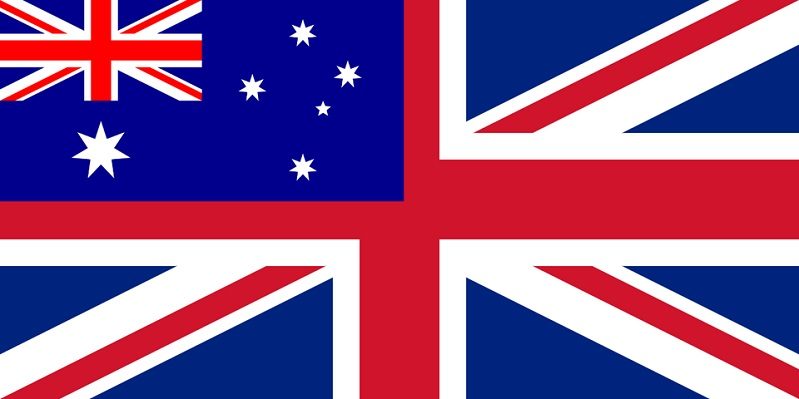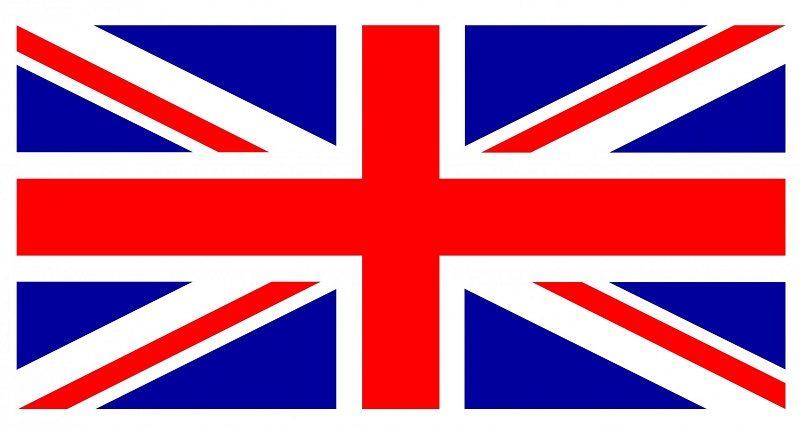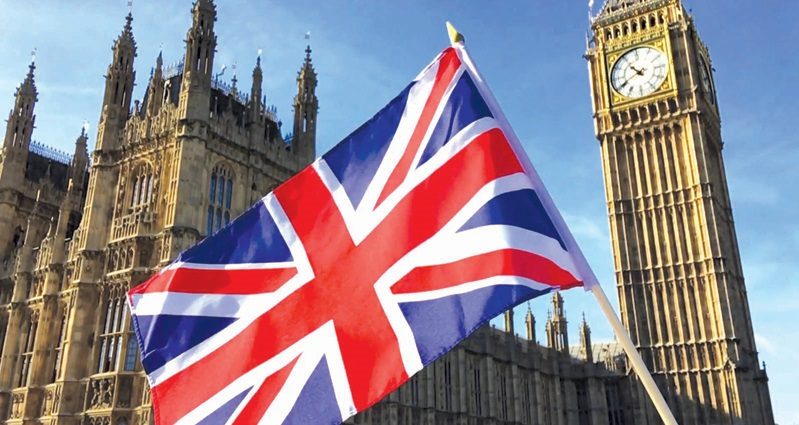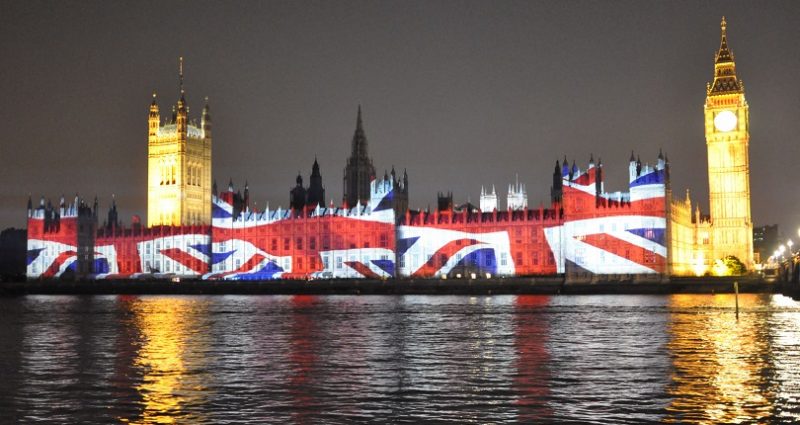New research commissioned by the British Board of Film Classification (BBFC.) The report revealed that children and teenagers are watching and stumbling across pornography from an early age – in some cases as young as seven or eight.
As the designated Age-verification Regulator, and in preparation for entry into force, the BBFC has commissioned this benchmarking research to report back to parliament on the effectiveness of this new regime.
2,344 parents and young people participated in the research, which was carried out by Revealing Reality. In the online survey, more than half (51%) of 11 to 13 year olds reported that they had seen pornography at some point, rising to 66% of 14-15 year olds.
The majority of young people’s first time watching pornography was accidental, with 62% of 11-13 year olds who had seen pornography reporting that they stumbled across it unintentionally. Children described feeling “grossed out” and “confused”, particularly those who had seen pornography when they were under the age of 10.
The report also demonstrated a discrepancy between parents’ views and what children were actually experiencing. Three quarters (75%) of parents felt that their child would not have seen pornography online. But of their children, more than half (53%) said they had in fact seen it.
David Austin, Chief Executive of the BBFC, said: “Pornography is currently one click away for children of all ages in the UK, and this research supports the growing body of evidence that it is affecting the way young people understand healthy relationships, sex, body image and consent. The research also shows that when young children — in some cases as young as seven or eight years old — first see pornography online, it is most commonly not on purpose.”
Most children and parents interviewed believed that age-verification would prevent children from accidentally seeing pornography at a young age, and would potentially delay the age at which they are exposed to it.
83% of parents surveyed agreed that there should be age-verification controls in place for online porn. The research also showed that young people want age-verification – 47% of children felt age-verification was a good idea, with 11-13 year olds more in favour than older teenagers.
David Austin added: “It’s very encouraging to see that there is so much public support for age verification. We know that age-verification is not a ‘silver bullet’, nor should it be seen in isolation, but alongside other measures, such as education. However, age-verification significantly reduces the risk of young children stumbling across online pornography by accident as they do today. The research findings today have shown that parents and importantly, young people and children, want and need there to be stronger controls in place. ”
The report also looked into the effects of pornography on young people. 41% of young people who knew about pornography agreed that watching it made people less respectful of the opposite sex. Girls in particular spoke of their fear that aggressive depictions of sex would be seen as ‘normal’ by young male viewers of pornography, and accordingly copied in real-life sexual encounters.
The UK Government has appointed the BBFC as the Age-verification Regulator because of our long and proven experience in classifying films, videos, websites and more, and our knowledge of online regulation. The BBFC continues to work with Government to make the UK the safest place for children to be online.
The introduction of age-verification in the UK was delayed from 15 July 2019 to allow notification of the BBFC’s Guidance on Age-verification Arrangements to the European Commission under the Technical Standards and Regulations Directive. Once the standstill period under the EU TSRD is complete, the Guidance will be laid in Parliament, before entry into force.
Visti the BBFCs website for more information.









